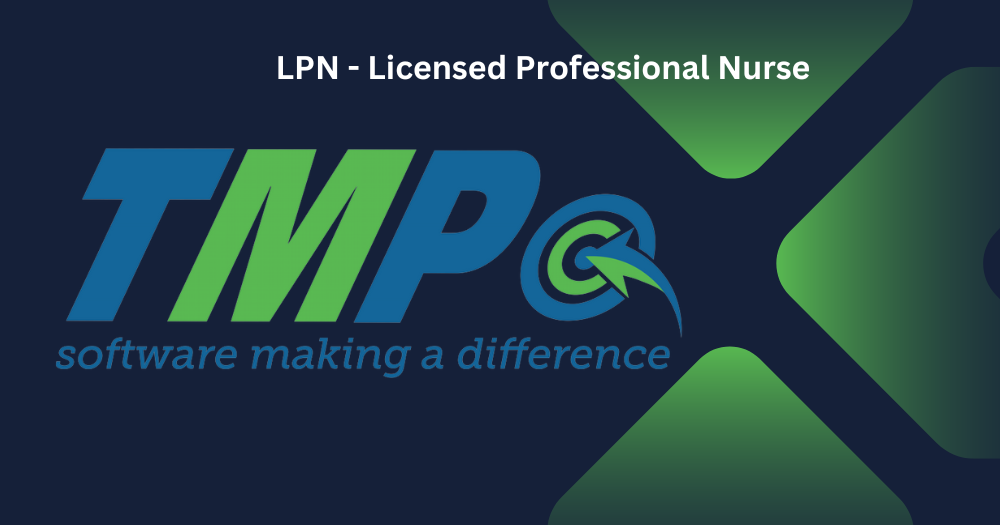A Licensed Professional Nurse (LPN), also commonly referred to as a Licensed Practical Nurse in most U.S. states, is a healthcare professional who provides essential nursing care under the supervision of registered nurses (RNs) or physicians. LPNs play a crucial role in patient care, particularly in long-term care settings, outpatient facilities, and hospitals.
Key Aspects of a Licensed Professional Nurse (LPN):
- Education and Training:
Completion of an accredited practical nursing program, typically offered by community colleges or vocational schools.
Programs generally last 12 to 18 months and include both classroom instruction and supervised clinical practice.
Coursework covers subjects like:
Anatomy and physiology.
Basic nursing skills.
Pharmacology.
Nutrition.
Patient care techniques.
LPNs work in various healthcare settings, including:
Licensure:
After completing an educational program, candidates must pass the National Council Licensure Examination for Practical Nurses (NCLEX-PN).
Licensing is required in all U.S. states and territories to practice as an LPN.
Scope of Practice:
The scope of practice for LPNs varies by state and facility, but common duties include:
Patient Care:
Monitoring vital signs (e.g., blood pressure, heart rate, temperature).
Administering medications and injections.
Assisting with activities of daily living (e.g., bathing, dressing, eating).
Changing dressings and managing wound care.
Communication:
Reporting patient conditions and progress to RNs and physicians.
Documenting patient records accurately.
Support:
Providing emotional support to patients and families.
Educating patients about health conditions and care plans.
Work Environments:
- Long-term care facilities and nursing homes.
- Hospitals (though less common in acute care settings).
- Home healthcare services.
- Outpatient clinics and physician offices.
- Rehabilitation centers.
- Advancement Opportunities:
- LPNs can advance their careers by pursuing further education to become:
- Registered Nurses (RNs) through LPN-to-RN bridge programs.
- Specialized roles (e.g., in geriatrics or pediatrics) with additional certifications.
- LPNs can advance their careers by pursuing further education to become:
Difference Between LPN and RN:
| Aspect | LPN | RN |
| Education | Diploma or certificate (12–18 months) | Associate or bachelor’s degree (2–4 years) |
| Scope of Practice | Basic nursing care, under RN/physician supervision | Broader scope, including leadership and complex care |
| Licensure Exam | NCLEX-PN | NCLEX-RN |
| Earning Potential | Lower average salary | Higher average salary |
Importance of LPNs in Healthcare:
LPNs are vital to the healthcare system because they:
- Provide foundational care that supports patient recovery and comfort.
- Fill gaps in care delivery in settings like long-term care and home health.
- Offer a cost-effective solution for basic nursing services, ensuring the healthcare team functions efficiently.
In summary, Licensed Professional Nurses (LPNs) are key members of the healthcare workforce, delivering compassionate and practical care to patients while serving as a bridge between patients and higher-level medical staff.

